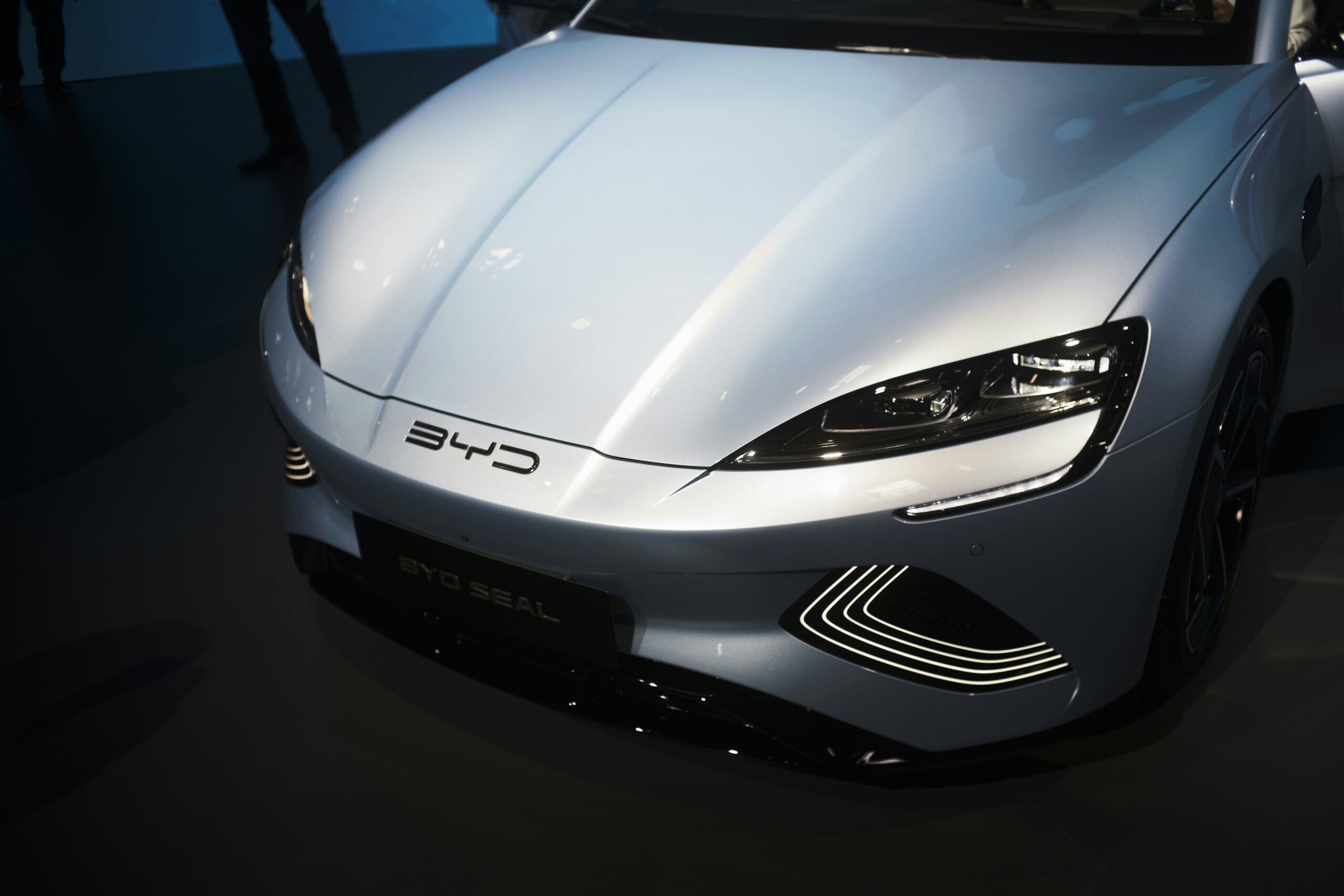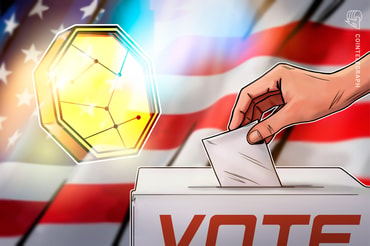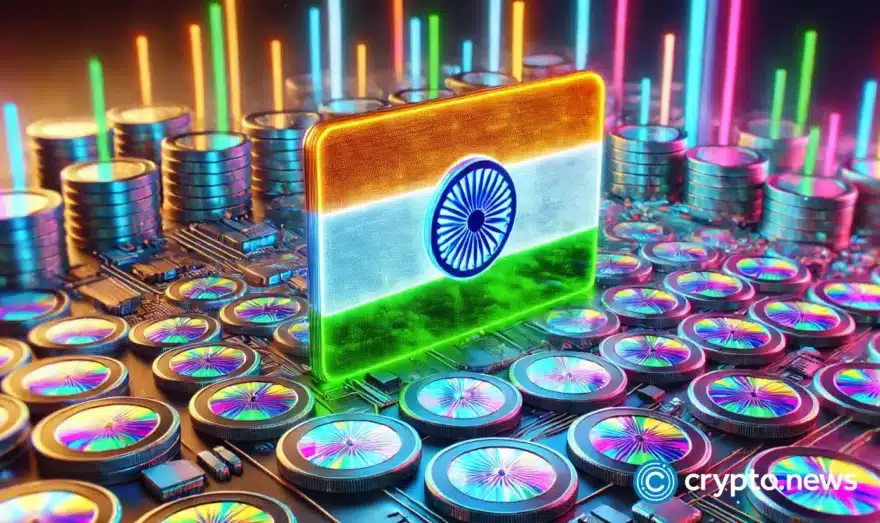The BYD Lithium-Free Battery: A Game-Changer for the EV Industry

The race to revolutionize electric vehicle (EV) technology just reached a new milestone. Chinese automaker BYD, one of the world’s largest electric vehicle producers, is making waves with the upcoming BYD lithium-free battery, a bold step toward making electric cars more affordable, sustainable, and less dependent on the volatile lithium supply chain.
As global demand for electric vehicles continues to surge, the strain on lithium resources has become one of the biggest roadblocks for manufacturers. But BYD’s introduction of a sodium-ion battery, a true alternative to lithium, could change the industry’s trajectory entirely.
Why BYD Is Betting on a Lithium-Free Future
For years, the electric vehicle (EV) industry has relied heavily on lithium-ion batteries, prized for their high energy density and rechargeability. However, the boom in EV production, combined with limited global lithium reserves, has raised concerns about supply shortages, rising costs, and environmental damage related to mining.
The BYD lithium-free battery approach, based on sodium-ion technology, addresses these issues directly. Sodium is not only far more abundant than lithium but also easier to source and mine in a sustainable manner. The move could redefine battery production, offering automakers an alternative that’s cheaper and more environmentally friendly.
While sodium-ion batteries traditionally lagged behind lithium-ion cells in terms of energy density, BYD’s engineers claim the gap is closing fast. Advances in chemistry and materials have advanced sodium-ion technology to levels that can support city electric vehicles and short-range electric vehicles — an ideal solution for budget-conscious consumers and urban mobility.
The Technology Behind the BYD Lithium-Free Battery
Sodium-ion batteries work on a similar principle to lithium-ion cells but replace lithium with sodium as the charge carrier. Since sodium is much more abundant, found everywhere from seawater to the earth’s crust, the supply chain pressure is significantly reduced.
BYD’s battery division has been developing a proprietary blend of materials that enhances the stability and capacity of these batteries. The BYD lithium-free battery is expected to offer several benefits:
- Lower Cost: Sodium is cheaper than lithium, which could reduce the manufacturing cost of EVs.
- Wider Temperature Tolerance: Sodium-ion batteries perform better in extreme cold compared to lithium-ion alternatives.
- Faster Charging: Optimized designs could enable high-speed charging cycles for electric vehicles.
- Reduced Fire Risk: Sodium-ion batteries are inherently less flammable, enhancing vehicle safety.
These features make sodium-ion technology particularly attractive for mass-market electric vehicles (EVs), energy storage systems, and micromobility solutions.
How Will the BYD Lithium-Free Battery Impact the EV Market?
The BYD lithium-free battery could be a pivotal development at a time when the global electric vehicle market is both booming and under pressure. Lithium prices have skyrocketed over the past two years, prompting automakers to seek ways to stabilize battery production costs.
For BYD, this move also reinforces China’s dominance in the EV battery supply chain, offering a technological hedge against rising geopolitical tensions over lithium mining and exports.
Industry analysts expect BYD to deploy these new sodium-ion batteries in its lower-cost electric vehicle (EV) models first, with plans to scale the technology across different vehicle classes as performance improves. This would enable BYD to widen its market share and challenge rivals like Tesla, which is still largely committed to lithium-ion chemistries.
Conclusion
The arrival of the BYD lithium-free battery could mark a turning point in the evolution of electric vehicles. By breaking away from the global race for lithium, BYD is charting a new path that prioritizes affordability, supply chain security, and sustainability.
While sodium-ion batteries may not immediately dethrone lithium-ion cells in long-range or performance EVs, the technology is poised to reshape the landscape for entry-level electric cars, urban mobility, and grid-scale storage solutions.
In a world hungry for clean energy alternatives, the BYD lithium-free battery innovation could offer the breakthrough the EV market has been waiting for — and it’s coming sooner than you might think.
About the Author: Sarah Zimmerman is a seasoned crypto and Web3 news writer passionate about uncovering the latest developments in the digital asset space. With years of hands-on experience covering blockchain innovations, cryptocurrency trends, and decentralized technologies, she strives to deliver insightful and balanced news that empowers her readers. Her work is dedicated to demystifying complex topics and keeping you informed about the ever-evolving world of technology.
Sarah Zimmerman
Published on Other News Site


















